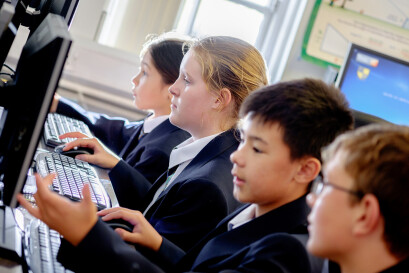Computer Science
 Staffing List:
Staffing List:
Mrs Edward-Boyce - Head of Computer Science
Mr Threlfall - Teacher of Computer Science and History
Vision Statement:
Computing helps us develop logical thinking, a problem-solving mindset, and practical skills that are applicable across various disciplines and everyday life. As technology and Artificial Intelligence evolve rapidly, understanding how computers work is essential for thriving in the 21st century. Our goal is to transform technology users into technology creators by providing all students with opportunities to think, program, build, create, persevere, develop resilience, and grow.
Students will be well-prepared for further study of Computer Science at A-level and beyond.
Further information
For more details, please contact Mrs Edward-Boyce, Head of Computer Science, at: j.edward-boyce@testbourne.school


 Testbourne Community School
Testbourne Community School